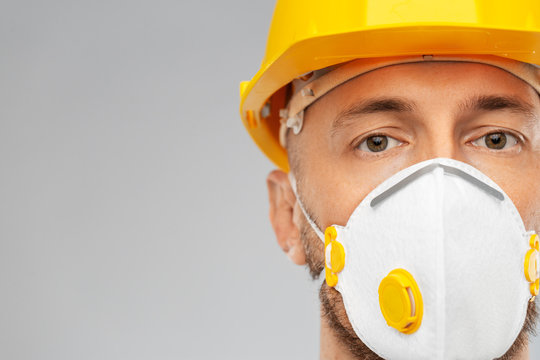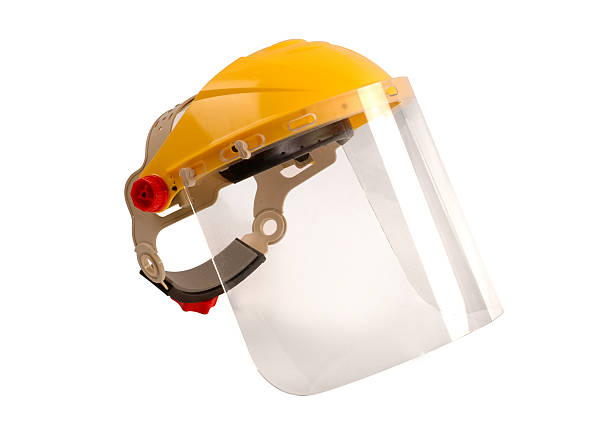In the era of global health concerns, the debate over the effectiveness of various personal protective equipment (PPE) options has become more critical than ever. Among the myriad choices, two primary contenders have emerged: face masks and face shields.
In this comprehensive exploration, we will delve into the distinctions between face masks and face shields, evaluating their pros and cons, and aiding you in making an informed decision on the right protective gear.
Face masks, commonly made of cloth or medical-grade materials, have been a staple in the fight against airborne particles and respiratory droplets. The Centers for Disease Control and Prevention (CDC) and the World Health Organization (WHO) recommend the use of face masks as a primary means of preventing the spread of respiratory infections.

Face masks create a physical barrier over the nose and mouth, limiting the transmission of respiratory droplets. They are available in various types, including surgical masks, N95 respirators, and cloth masks. Each type varies in its filtration capacity, with N95 respirators offering a higher level of protection against smaller particles.
One of the advantages of face masks is their comfort and breathability. Cloth masks, in particular, allow for easy airflow while providing a protective layer. They are reusable, making them an environmentally friendly option.
Face shields, on the other hand, are transparent visors that cover the face, extending from the forehead to below the chin. Initially designed to protect the eyes and face from splashes and sprays, face shields have gained popularity as an alternative to face masks, especially in certain settings.

Face shields offer full-face coverage, protecting the eyes, nose, and mouth. They are effective in preventing large respiratory droplets from reaching the face, making them suitable for environments where close contact with others is unavoidable. However, their efficacy in preventing the dispersion of smaller respiratory particles is a subject of ongoing debate among health experts.
Face shields provide a clear field of vision and eliminate the discomfort associated with wearing face masks for extended periods. Many face shields are reusable and can be easily cleaned and disinfected.
Making the Right Choice
1.Personal Factors: Choosing between a face mask and a face shield often depends on personal preferences, comfort, and specific use cases. Individuals with respiratory conditions or those who find masks uncomfortable for extended wear may lean towards face shields.
2.Context Matters: The decision also depends on the context. In healthcare settings, where the risk of exposure to infectious particles is higher, masks remain the preferred choice. In everyday scenarios, such as grocery shopping or outdoor activities, the comfort and visibility offered by face shields might make them a more appealing option.
3.Adaptability: In a rapidly evolving landscape, adaptability is key. Staying informed about the latest guidelines from health authorities and being willing to adjust protective measures based on the situation ensures a proactive and responsible approach to personal safety.
In the face mask vs. face shield debate, there is no one-size-fits-all solution. The key is to understand the strengths and limitations of each option and make choices that align with individual needs and the specific circumstances at hand. Whether it's a face mask, a face shield, or a combination of both, the ultimate goal remains the same: protecting oneself and others in the face of health challenges.
Copyright © Hebei Sinotools Industrial Co.,Ltd. All Rights Reserved | Powered by  Sitemap
Sitemap